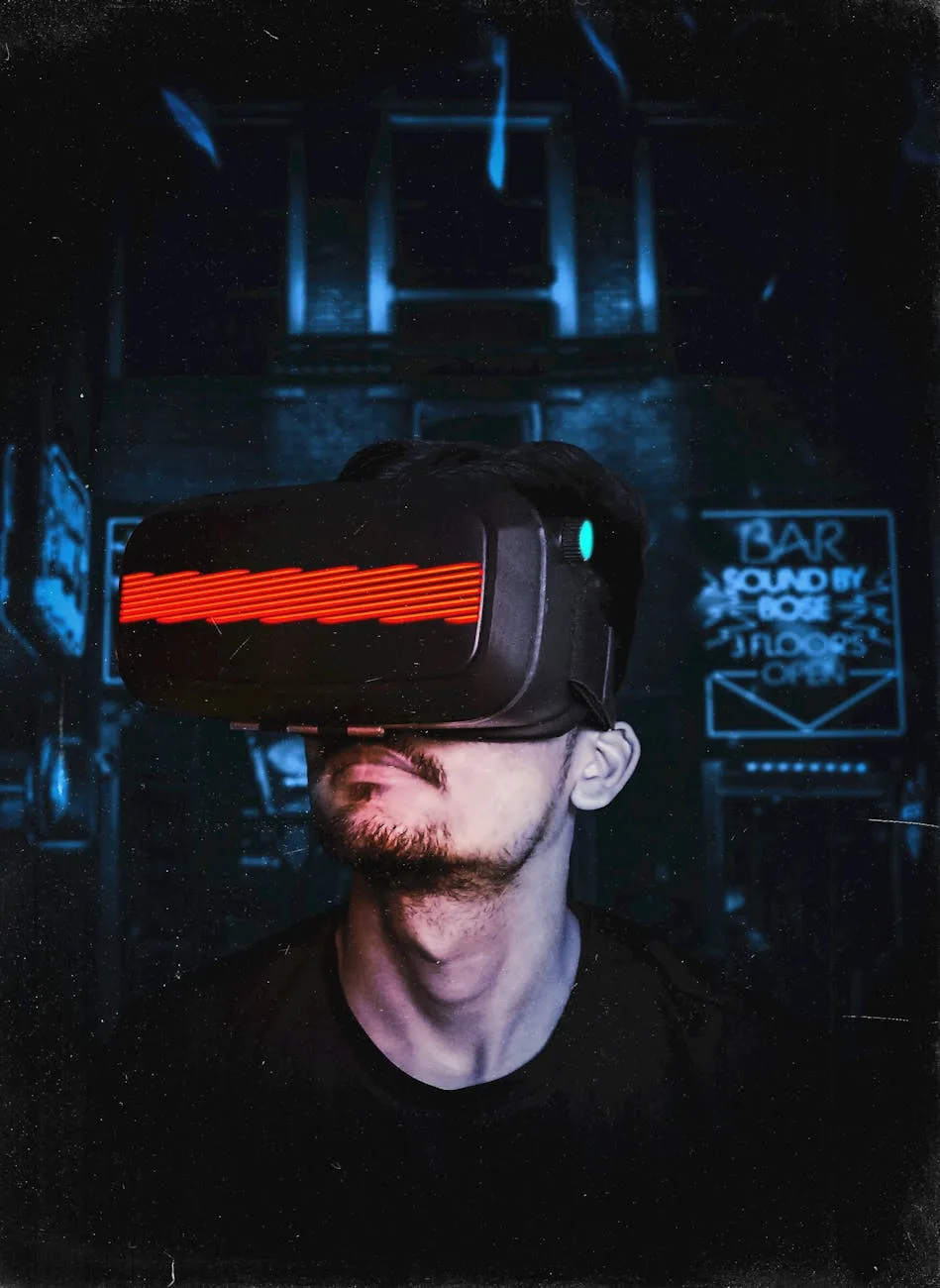In the heart of every industrial revolution lies a transformative wave, reshaping the landscape of how we produce, innovate, and thrive. As we stand on the precipice of Industry 4.0, the convergence of cutting-edge technologies promises to redefine the manufacturing sector in ways once unimaginable. From the seamless integration of Internet of Things (IoT) devices to the profound capabilities of Artificial Intelligence (AI) and advanced data analytics, our factories are evolving into intelligent ecosystems, pulsating with unprecedented efficiency and intelligence.
At the core of Industry 4.0 lies the concept of interconnectedness. Picture a factory floor where every machine, every sensor, and every component is intricately linked, communicating in real-time to optimize processes and anticipate needs. This is the promise of IoT, where sensors embedded within machinery collect and transmit data, enabling predictive maintenance, remote monitoring, and unparalleled insights into operational performance.
But IoT is just the beginning. Enter Artificial Intelligence, the driving force behind autonomous decision-making and adaptive learning. With AI algorithms analyzing vast troves of data generated by IoT devices, manufacturers can uncover hidden patterns, identify anomalies, and make data-driven decisions with unparalleled precision. From optimizing production schedules to predicting maintenance requirements, AI empowers manufacturers to operate at peak efficiency while minimizing downtime and waste.
Yet, the true power of Industry 4.0 lies in the synergy between these technologies. Imagine a smart factory where AI algorithms analyze real-time data from IoT sensors, identifying inefficiencies and automatically adjusting production parameters to maximize output and quality. It’s a vision of manufacturing excellence where every process is optimized, every resource is utilized to its fullest potential, and every decision is informed by actionable insights.
Of course, realizing the full potential of Industry 4.0 requires more than just technology—it demands a cultural shift. Manufacturers must embrace a mindset of continuous improvement, fostering a culture of innovation and experimentation. They must invest in the necessary infrastructure and talent to harness the power of these technologies effectively. And perhaps most importantly, they must recognize that Industry 4.0 is not a destination but a journey—a journey towards greater efficiency, sustainability, and competitiveness in an ever-evolving global marketplace.
As we navigate the uncharted waters of Industry 4.0, one thing is clear: the future of manufacturing is bright, brimming with possibilities limited only by our imagination. By embracing the transformative potential of IoT, AI, and advanced data analytics, manufacturers can unlock new levels of productivity, agility, and innovation, shaping a future where anything is possible. Welcome to the dawn of Industry 4.0—where the only constant is change, and the possibilities are endless.



Leave a Reply